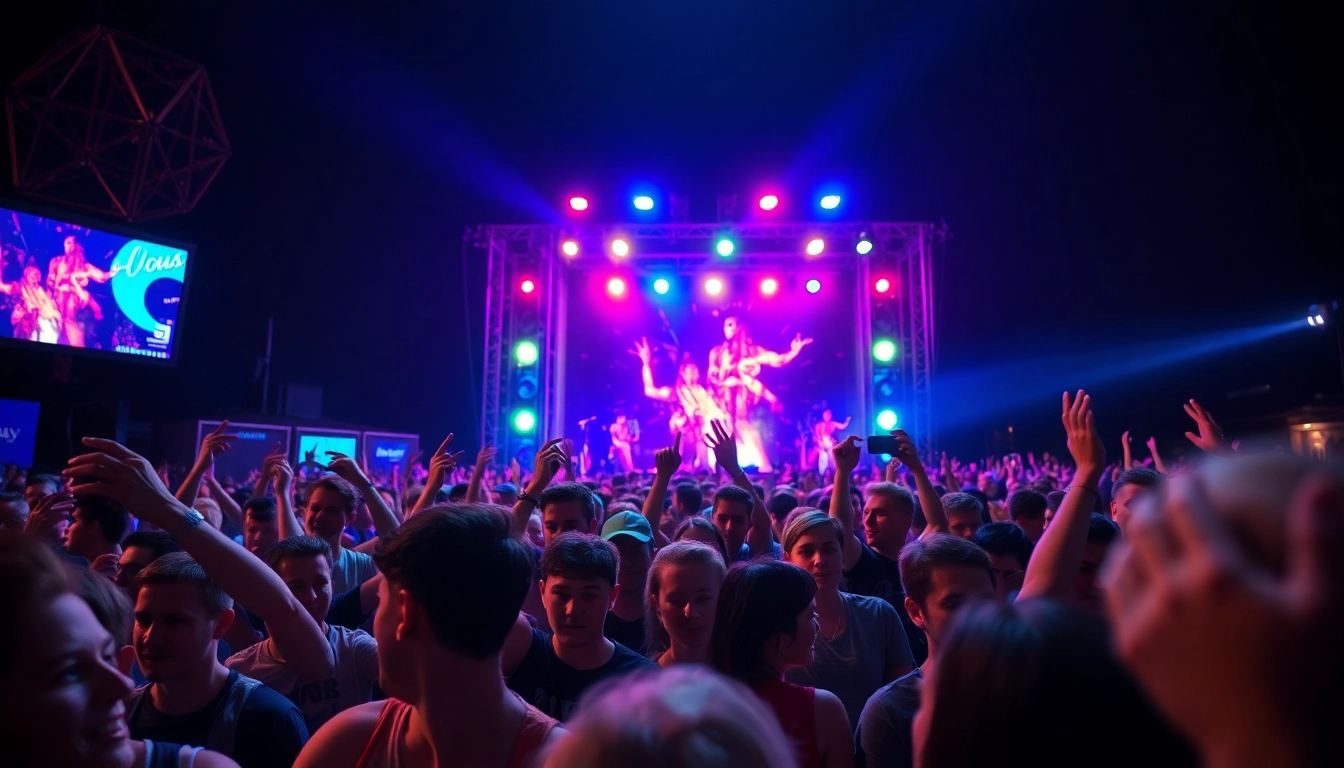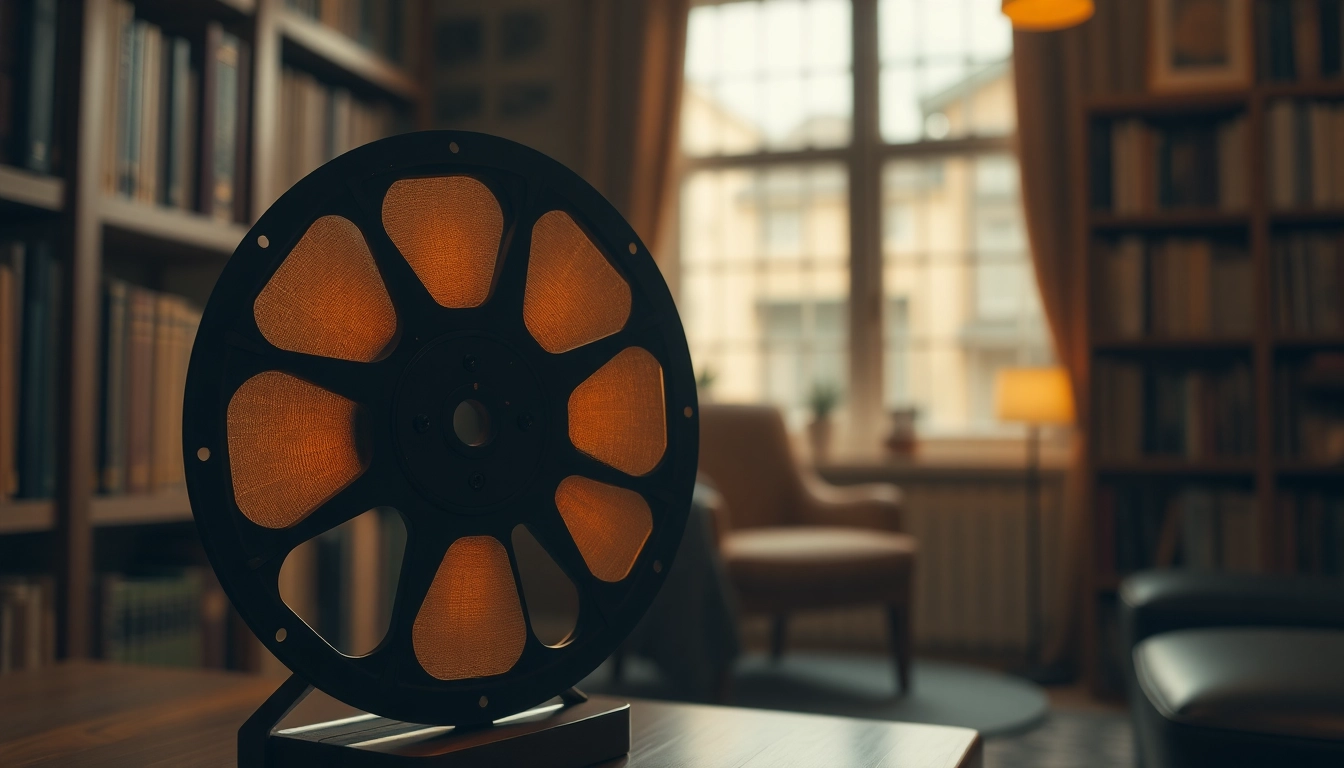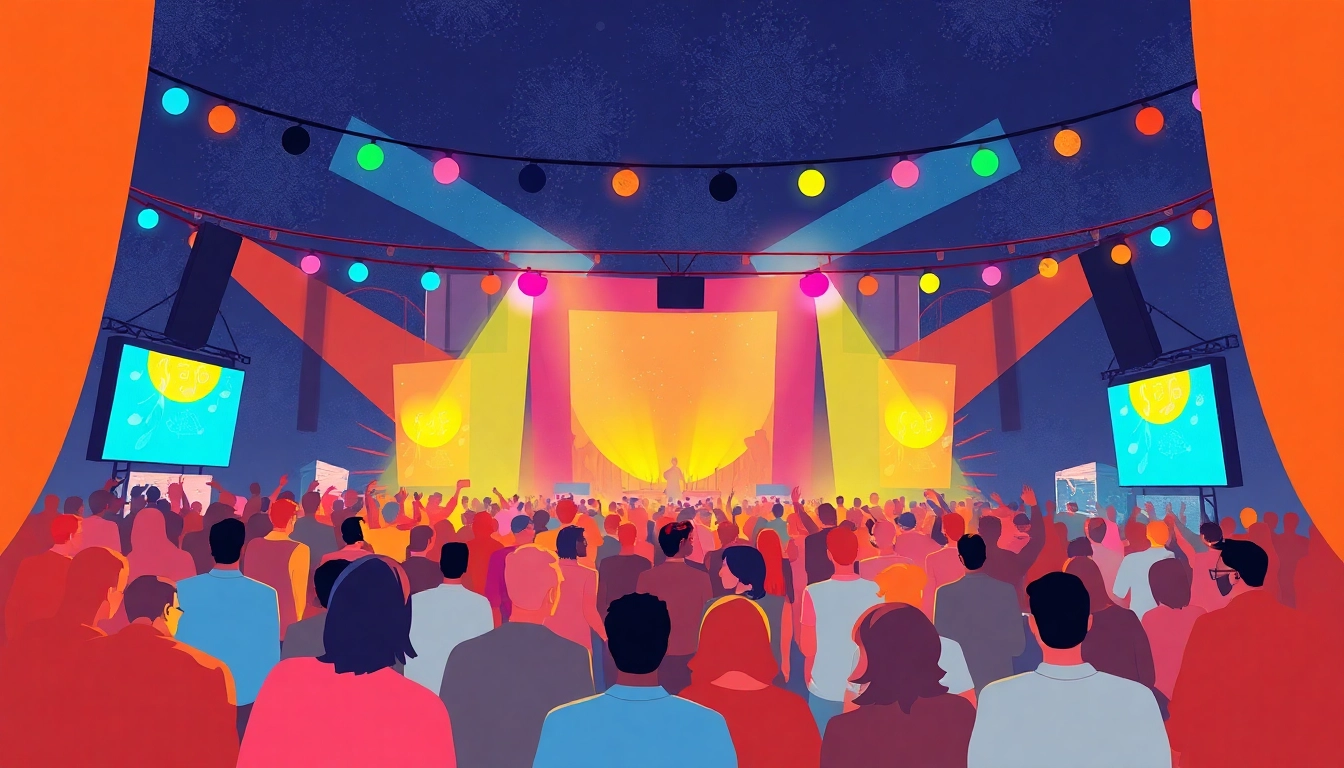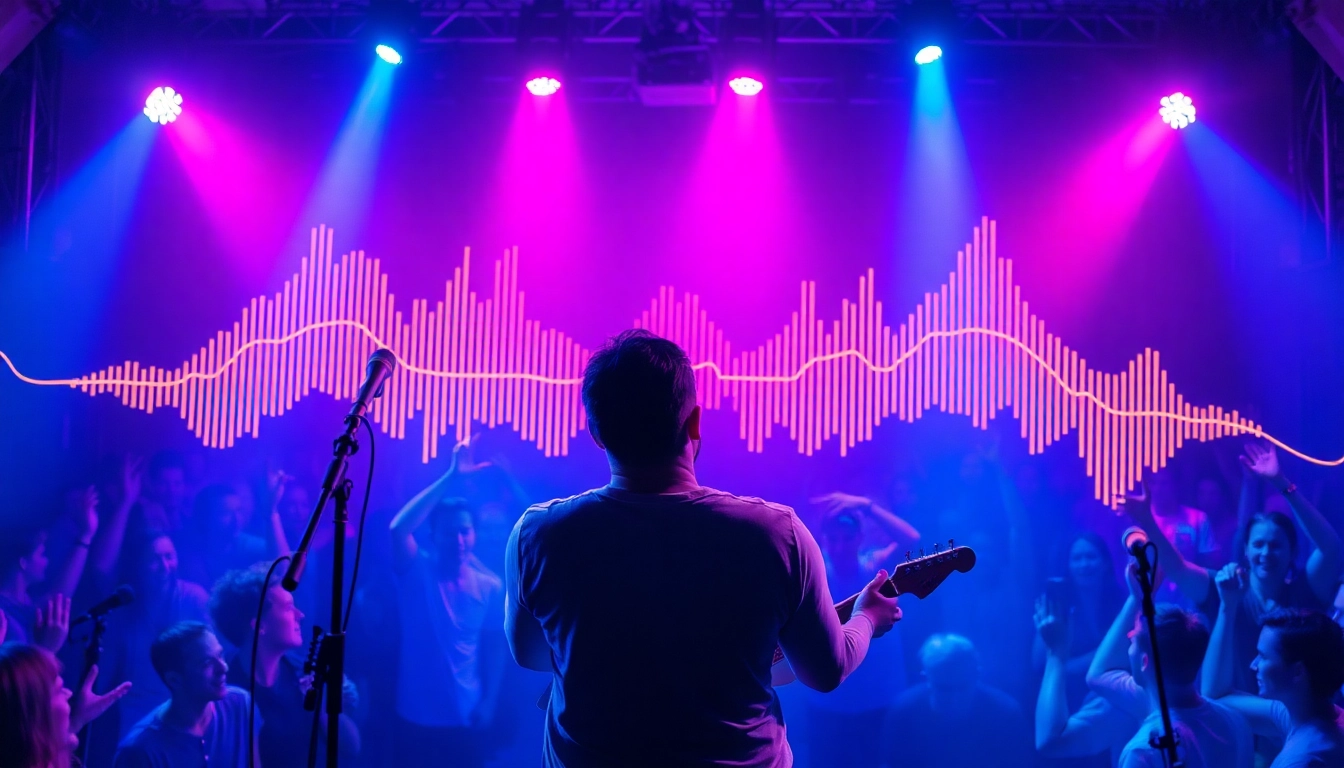Understanding the Passion of Live Music Fans
Who Are Live Music Fans?
Live music fans are a unique breed of individuals who transcend the boundaries of traditional music consumption. These enthusiasts are characterized by their passion for experiencing music in its most authentic form—live. They are not mere listeners; they are active participants in a musical journey that engages all their senses. From local gigs at cozy bars to grand music festivals, live music fans seek more than just auditory pleasure; they crave the vibrant atmosphere, the thrill of connection with performers, and the communal experiences that only live events can deliver.
The Emotional Connection to Live Performances
For many fans, attending live concerts is akin to a spiritual experience. The electric atmosphere, the pulsating beats, and the emotive performances can evoke deep emotional responses. Live music allows fans to forge a connection not only with the music but also with fellow concertgoers. This sense of community fosters bonds that can last a lifetime, as shared experiences serve as a catalyst for friendships. Moreover, witnessing a favorite artist perform live can create unforgettable memories that linger long after the show ends. The powerful blend of sound, light, and emotional energy transforms a simple concert into a cherished moment in time.
Why Fans Love Concerts Over Recorded Music
While recorded music offers convenience and ease of access, it lacks the unique elements that make live performances so compelling. The spontaneity of a live performance—where a musician might improvise, interact with the crowd, or play a surprise song—adds an element of excitement that cannot be replicated in a studio recording. Additionally, the atmosphere of a concert, filled with other fans singing along and sharing in the excitement, amplifies the experience. As a result, fans often prefer the dynamics of a live show, where every moment is unpredictable and filled with energy.
Building An Engaging Live Music Environment
Creating the Right Atmosphere for Live Music Fans
The foundation of an unforgettable concert experience lies in the atmosphere. Venue selection plays a crucial role; it should align with the genre of music being performed. A small, intimate setting is perfect for acoustic shows, while larger arenas can enhance the grandeur of rock concerts. Lighting, decor, and sound setup are equally critical. Effective lighting can transform a venue and create an immersive experience, while high-quality sound systems ensure that every note is heard clearly. Additionally, elements such as audience participation opportunities can help fans feel more connected to the performance and each other.
Innovative Stage Designs That Captivate Audiences
Stage design is an art form that combines creativity with practicality. Innovative setups can enhance the audience’s experience by providing visual stimuli that complement the music. For example, stages that incorporate LED screens, moving platforms, and intricate backdrops can create a multi-sensory experience. Famous acts such as Pink Floyd and Beyoncé are known for their elaborate stage designs, which often become as iconic as the music itself. Event organizers should consider how the stage design can reflect the artist’s brand and music style while engaging the audience on a visual level.
Sound Quality: Essential for Fan Satisfaction
No concert can be truly memorable without exceptional sound quality. Fans expect to hear their favorite songs in the best possible sonic environment. This requires not just high-quality equipment but also professional sound engineers who understand the subtleties of live sound. Testing sound levels prior to the performance, optimizing acoustics, and ensuring there are no technical glitches are vital steps in creating an enjoyable experience. Poor sound can detract from even the most talented performers, highlighting the importance of investing in a robust sound setup.
Promoting Your Event to Live Music Fans
Effective Online Marketing Strategies
In today’s digital age, reaching live music fans involves leveraging online marketing strategies. Building a dedicated website, utilizing email newsletters, and engaging in targeted social media campaigns are essential for any successful event. Content marketing that showcases behind-the-scenes preparations or artist interviews can pique interest and encourage ticket sales. SEO tactics to optimize event pages with relevant keywords, like Live Music Fans, will enhance visibility, attracting a larger audience. Paid advertising on social media platforms can also increase event exposure among specific demographics.
Utilizing Social Media to Reach Fans
Social media platforms provide an invaluable opportunity for event promotion. Engaging with fans through platforms like Instagram, Facebook, and TikTok allows for real-time interaction and feedback. Sharing visuals, countdowns to the event, and engaging with users through live streams can create buzz and excitement. Hashtags specific to the event can help fans discover content and connect with each other. Moreover, utilizing stories or reels on platforms can give fans a glimpse into what to expect, encouraging them to participate in the live experience.
Collaborating with Influencers and Artists
Partnering with influencers and artists can significantly boost visibility. Influencers with a dedicated following in the music industry can authentically promote events, leveraging their platform to reach potential attendees. Collaborating with artists, such as offering exclusive pre-show interviews or behind-the-scenes content, can also create excitement and incentivize fans to attend. These partnerships enrich marketing campaigns and lend credibility to the event’s promotion, drawing in an audience who trusts the recommendations of their favorite influencers and artists.
Enhancing the Concert Experience for Live Music Fans
Interactive Elements That Engage Audiences
To truly elevate the fan experience, organizers should incorporate interactive elements during concerts. Q&A sessions, live polls, or allowing fans to choose a setlist in advance can foster a deeper connection between the audience and performers. Social media can also be used to encourage fans to share their experiences in real-time through contests or photo opportunities. Whether it’s an interactive light show where fans can control the color of the lights, or a virtual reality experience, these engaging elements leave fans feeling more connected and invested in the performance.
Merchandising Ideas for Fans to Remember the Experience
Merchandise has the potential to serve as a lasting memory of a concert experience. Crafting unique and high-quality items like limited-edition t-shirts, posters, or even vinyl records can resonate with fans and encourage them to take home a piece of the performance. Additionally, creative product options—such as concert-themed art, custom playlists, or interactive memorabilia—can enhance the fan experience significantly. Setting up merchandise areas where fans can engage with the items before and after shows can make the purchasing process a memorable part of the overall event.
Gathering Feedback for Future Events
Incorporating mechanisms for gathering fan feedback is a crucial aspect of event planning. Surveys post-event, comment cards, or dedicated online feedback forms can provide insight into the fan experience. This data-driven approach enables organizers to understand what worked well and what needs improvement for future performances. Knowing which aspects resonated with fans can help tailor upcoming events more closely to audience expectations, ultimately leading to higher satisfaction and continued attendance.
Measuring Success: Metrics that Matter to Live Music Fans
Key Performance Indicators for Events
Measuring the success of live music events is essential for understanding audience engagement and satisfaction. Key Performance Indicators (KPIs) such as ticket sales, attendance versus capacity, revenue generated from merchandise, and social media engagement metrics should be tracked thoroughly. Monitoring these KPIs helps organizers assess whether their marketing strategies are effective and how well the event resonated with fans. Additionally, analyzing customer feedback and experience ratings can help in refining event offerings for the future.
Analyzing Audience Engagement and Satisfaction
Beyond sales figures, understanding audience engagement and satisfaction is critical. Utilizing tools like Google Analytics, social media insights, or dedicated event apps that track interaction levels can provide comprehensive insights into audience participation. Quality of experience can also be gauged through exit surveys and discussions with fans. Interpreting these engagement metrics allows promoters to make both immediate and long-term improvements, ensuring that each concert not only meets but exceeds fan expectations.
Strategies for Continuous Improvement
Continuous improvement is crucial for staying relevant and successful in the live music landscape. Implementing a feedback loop that informs every aspect of event planning—from marketing angles to performance details—enables organizers to adapt to changing audience preferences. Learning from both successes and failures is vital; conducting post-event debrief meetings with all team members can highlight areas needing enhancement. Strategies like benchmarking against competitor events, attending industry conferences, and staying up-to-date with audience trends and technology can provide valuable insights to inform future events.



